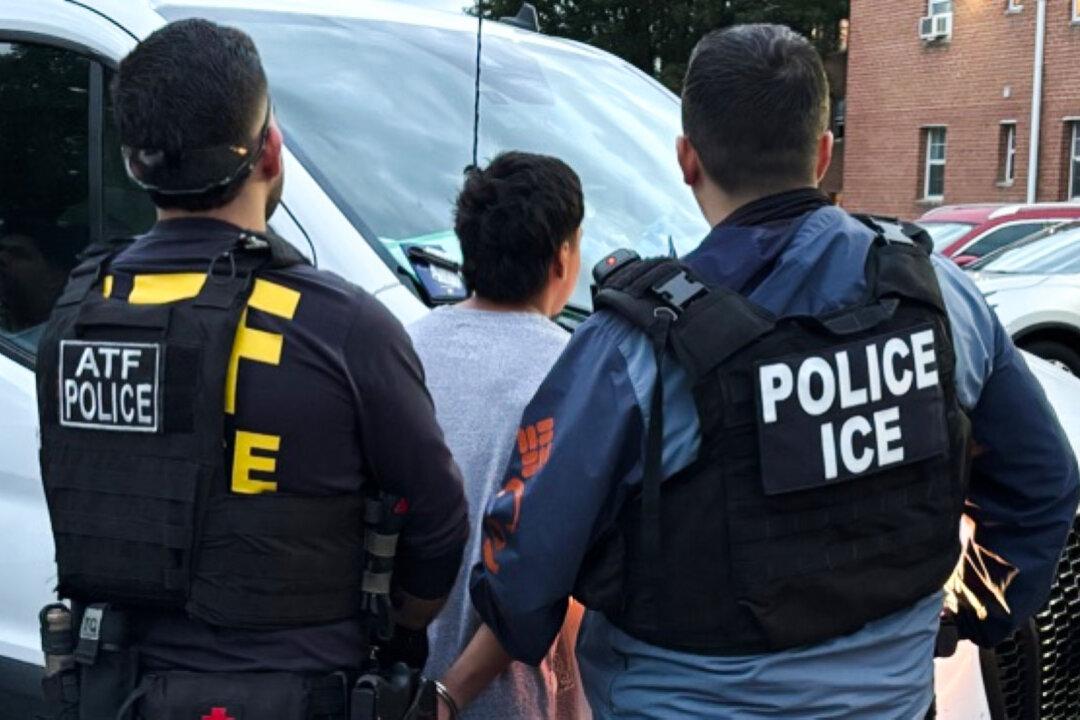New Hampshire Gov. Kelly Ayotte signed a pair of bills into law that ban so-called “sanctuary” policies designed to keep local police from cooperating with federal immigration authorities.
“There will be no sanctuary cities in New Hampshire,” Ayotte declared at the bill-signing ceremony, flanked by lawmakers and sheriffs from across the state. “Period. End of story.”





